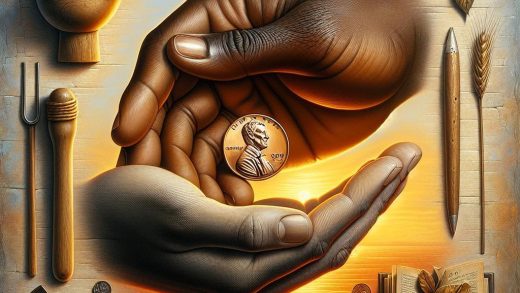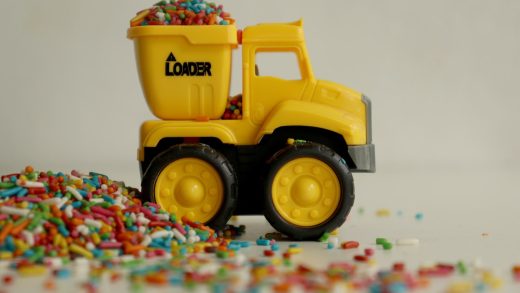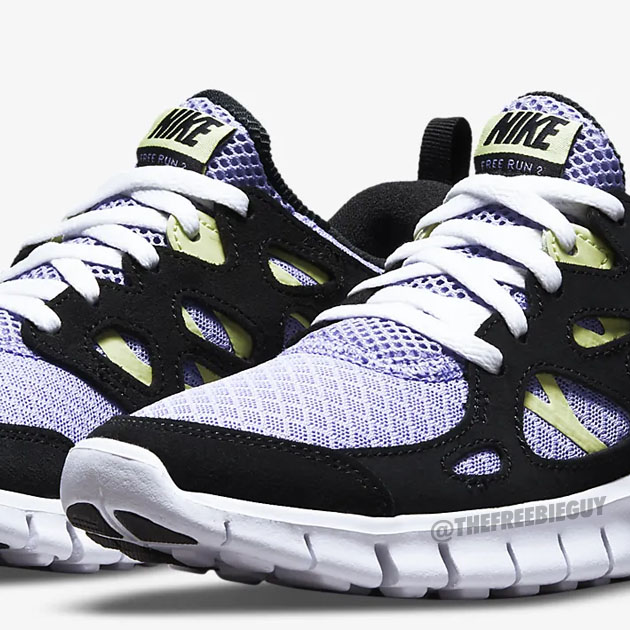In a world increasingly defined by excess, our homes often become repositories for items that no longer serve us. From the gently used clothes lurking in the back of the closet to the forgotten gadgets collecting dust on shelves, clutter can weigh heavily on both our physical and mental spaces. Yet, within this chaos lies an opportunity for transformation, inviting us to consider what we truly value and how we can extend kindness beyond our own lives. As we contemplate the fate of these unused items, two paths emerge: selling them for a bit of financial gain or donating them to those who might cherish them anew. Each choice carries its own implications, reflecting not just our personal priorities but also our role in the wider community. In this article, we will explore the delicate balance between monetary reward and the gift of giving, ultimately encouraging readers to reflect on how their decisions can spark kindness in a cluttered world.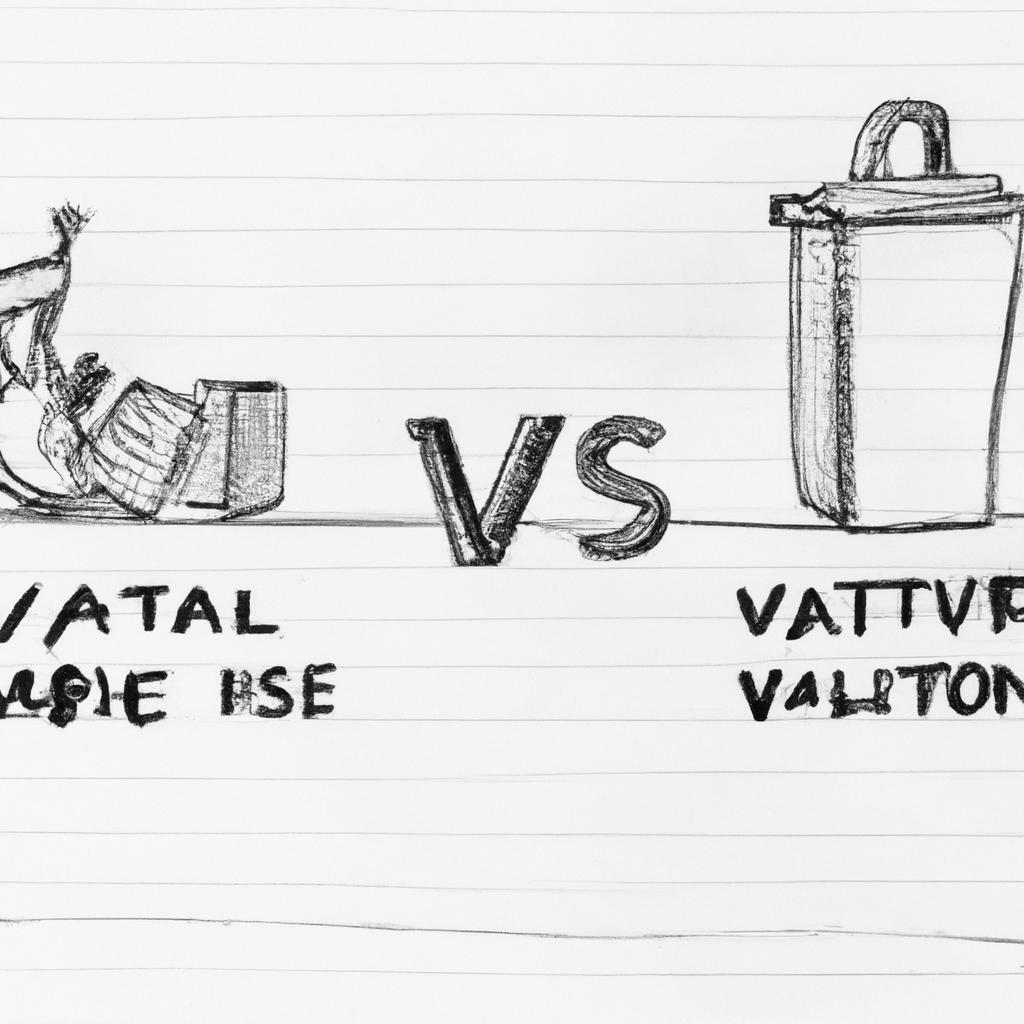
Finding Value in Unused Items: Weighing the Benefits of Selling versus Donating
When deciding what to do with your unused items, it’s essential to consider the advantages of both selling and donating. Selling can be a practical way to earn some extra cash, allowing you to treat yourself or put the funds towards something you truly desire. It also encourages resourcefulness, giving your items a second life through someone who truly wants them. On the other hand, donating offers a sense of fulfillment and community, as your items can significantly impact someone’s life positively, especially individuals in need. By contributing to local charities or shelters, you promote sustainability and aid those who may not have access to the resources you once did. Here’s a simple comparison to weigh your options:
| Option | Benefits | Considerations |
|---|---|---|
| Selling |
|
|
| Donating |
|
|
Ultimately, the choice between selling and donating hinges on your current needs and values. Whether you choose to put money back in your pocket or give back to your community, both options hold the promise of transforming clutter into kindness.
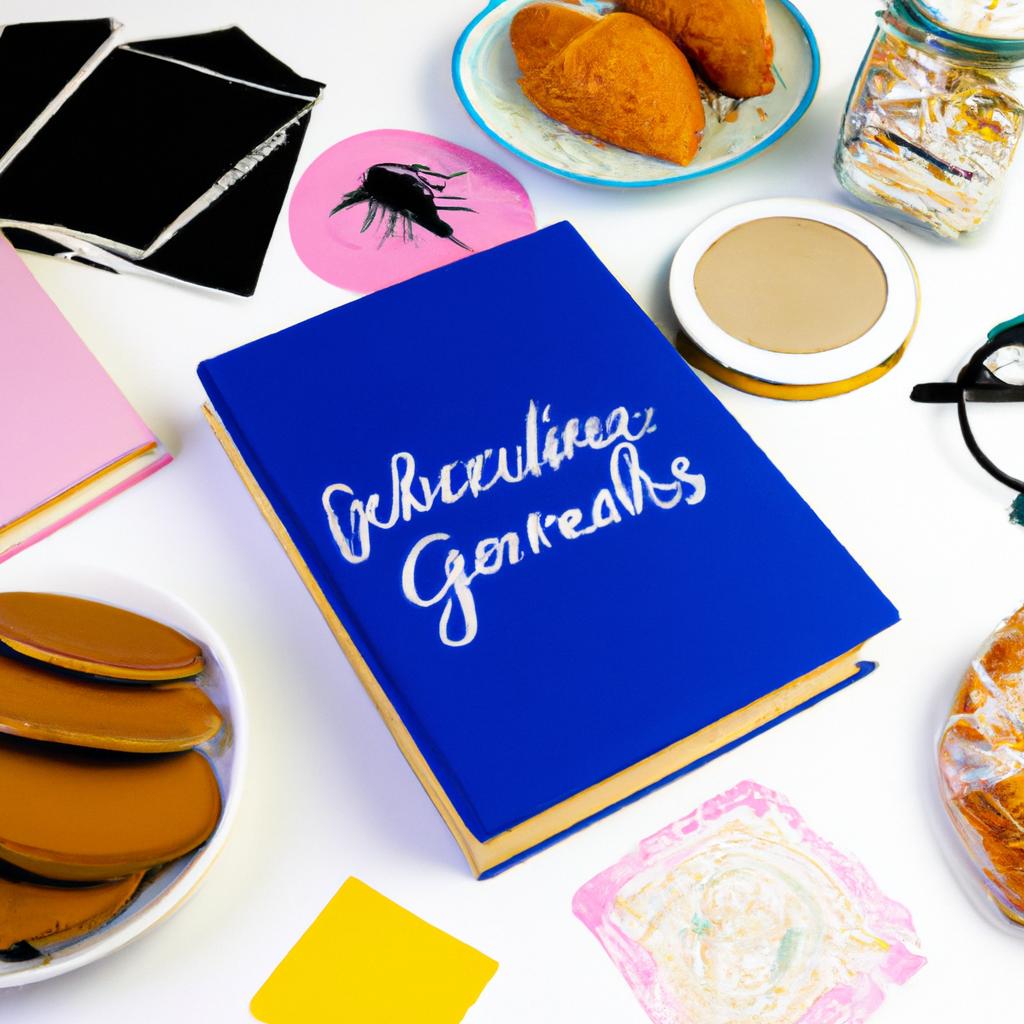
Embracing Generosity: Making Thoughtful Decisions for a Clutter-Free Space
When faced with the task of decluttering, one of the most rewarding decisions can be how we choose to part with our unused items. There’s a profound sense of fulfillment that comes from **embracing generosity**, and this can often outweigh the allure of selling. Here are some thoughtful considerations to guide your choices:
- Community Impact: Donating items can directly benefit those in need, fostering a sense of connection within your community.
- Environmental Responsibility: When you donate, you help keep items out of landfills, promoting a sustainable lifestyle.
- Time and Effort: Selling items often requires additional work, such as staging, photography, and negotiations, which might not be worth the minimal returns.
- Emotional Weight: Letting go of items attached to memories can be easier when you know they’re going to a good home.
Ultimately, the decision should align with your values and preferences, considering how you want your possessions to impact others and the world around you. Instead of seeing possessions as clutter, think of them as opportunities to spread kindness and make thoughtful choices that reflect who you are.
In Summary
As we ponder the fate of our unused items, the choice between selling and donating becomes more than just a practical decision; it transforms into a reflection of our values and intentions. Each unneeded possession holds the potential to either enrich our own pockets or brighten someone else’s life. In choosing to donate, we embrace the spirit of generosity, giving our clutter a new purpose and offering kindness to those in need. Alternatively, selling can be a rewarding venture, allowing us to reclaim some of the financial burden our belongings once imposed.
Ultimately, the path we choose is a personal one, shaped by our circumstances and beliefs. Whether we opt to pass our items on to new homes through charitable contributions or utilize them to bolster our finances, we are engaged in an act of transformation. By turning clutter into kindness, we create space not only in our homes but in our hearts for new experiences and opportunities. So, as you stand on the cusp of your decluttering journey, remember that every item has a story—let yours be one of compassion and purpose.




